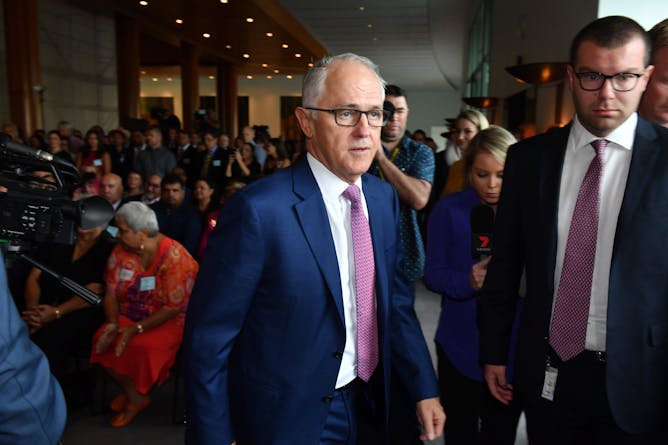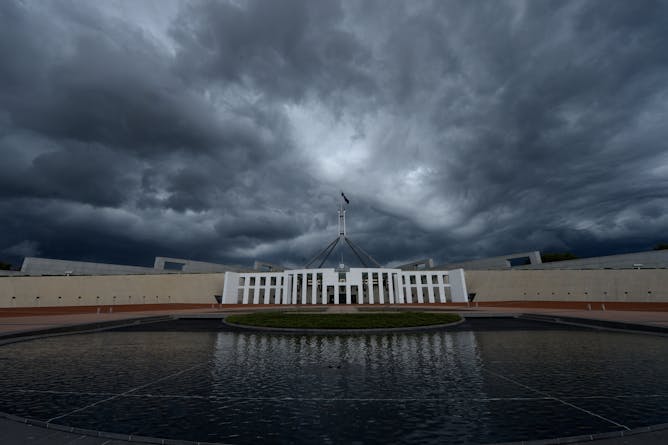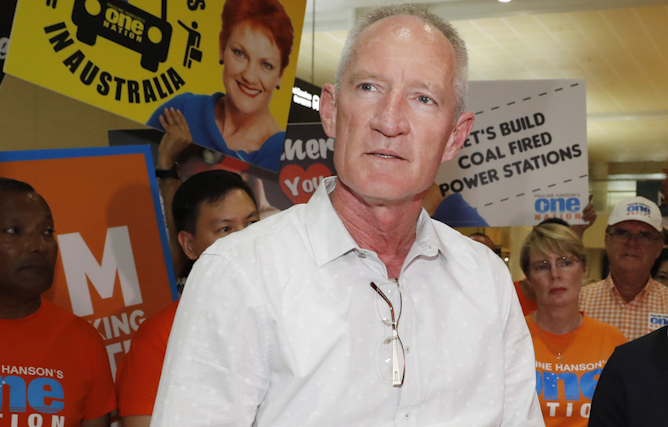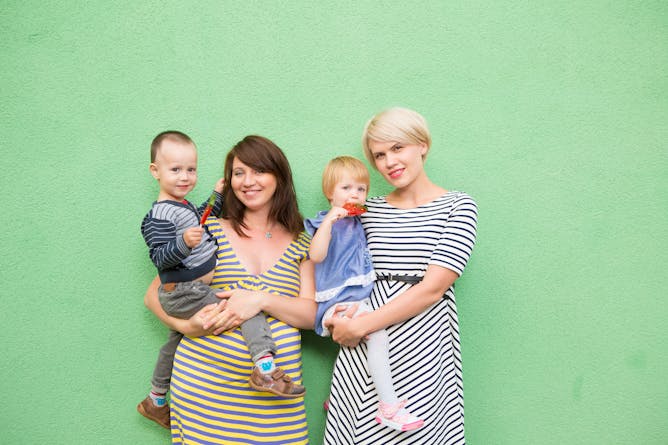|
|
|
Editor's note
|
|
It’s a fortnight since we launched our annual donations drive and the support we’ve received so far is humbling. Working in media, it’s a strange and wonderful feeling to know you’re appreciated, especially when it goes hand in hand with a reader donation.
At The Conversation we’re motivated by impact and change, not advertising and clicks. A story about Medicare funding that only gets a few thousand reads, but results in the author being contacted by the health minister, is even more valuable than one of our pieces that goes viral.
So in that spirit, here are eight stories we’ve published in the past 12 months we know have had an impact. And if you’d like to support our efforts to inform public debate you can make a donation here.
|
Molly Glassey
Newsletter Editor
|

|
|
As seen on Media Watch
|

The much-hyped study didn’t actually test vitamin B3 supplementation in humans.
from www.shutterstock.com
Claire Roberts, University of Adelaide
Remember the headlines about how Vitamin B3 could have “extraordinary” effect on decreasing the chance of miscarriage? Well, we pumped the brakes on this pretty hard. While it was an interesting study and one that made for a great headline, the researchers didn’t actually give vitamin B3 to any humans. So, no, vitamin B3 wasn’t proven to prevent miscarriages and birth defects
|
Quoted in Senate
|

Amendments proposed to the same-sex marriage legislation would wind back a lot of the gains made under anti-discrimination laws.
Unsplash/Zelle Duda
Brendan Gogarty, University of Tasmania; Anja Hilkemeijer, University of Tasmania
The article was discussed for 28 minutes in the Senate November 27, 2017. The piece by Brendan Gogarty and Anja Hilkemeijer from the University of Tasmania was referred to by Senator Anne Urquhart while debating the same-sex marriage legislation.
|
Complex problem, expert voice
|

How did a journalist manage to buy their own Medicare details on the dark web?
AAP Image/Dave Hunt
Robert Merkel, Monash University
The sheer number of fallible people and systems with access to Medicare numbers makes it difficult to keep this data secure. The author of this piece, Robert Merkel, was asked to tesify before the Senate committee on the Medicare breach after this piece was published.
|
Fair access to health care
|

Medicare exists to ensure all Australians have fair access to health care.
from www.shutterstock.com
Kim Dalziel, University of Melbourne; Harriet Hiscock, Murdoch Childrens Research Institute; Li Huang, University of Melbourne; Philip Clarke, University of Melbourne
Poorer children in Australia are less likely to receive their share of Medicare funding, particularly in the first years of life. One of the authors of this piece, Kim Dalziel, was contacted by the health minister after this article was published.
|
Author contacted by education minister
|

Prime Minister Malcolm Turnbull leaving during the Closing the Gap breakfast last week.
AAP/Mick Tsikas
Peter Buckskin, University of South Australia
The failed and continually failing political leadership on respect, relationships and reconciliation sets the quality of current and future education back for all Australians.
|
Federal Labor reportedly considering this as a policy
|

The parliamentary climate is not always conducive to smart decisions.
AAP Image/Lukas Coch
Peter C. Doherty, The Peter Doherty Institute for Infection and Immunity
Scientific problems require evidence-led solutions. A new proposal to create a federal environmental decision-making body would take some of the politics out of climate policy.
|
FactCheck
|

One Nation Queensland leader Steve Dickson has been publicly critical of the Safe Schools program.
AAP/Regi Varghese
Bill Louden, University of Western Australia
One Nation Queensland leader Steve Dickson said the Safe Schools program contained 'highly explicit material' that is being 'directed at young children'. We asked the experts to look at the facts.
|

Many of the studies on this question examine the outcomes for children in same-sex parented families where both parents are women.
Shutterstock
Jennifer Power, La Trobe University
Discussing his opposition to same-sex marriage, Liberal MP Kevin Andrews said children who are brought up with a mother and father are 'better off than those who are not'. Let's look at the research.
|
| |
Featured jobs
|

|
University of Melbourne —
|

|
RMIT University — Bundoora, Victoria
|

|
Open Universities Australia — Melbourne, Victoria
|

|
La Trobe University — Bundoora, Victoria
|
|
|
|
| |
| |
| |

|
| |
| |
| |
Featured events
|

|
Everest Theatre, Seymour Centre, corner of City Rd & Cleveland St,, Chippendale, New South Wales, 2008, Australia — University of Sydney
|

|
New Law School Foyer, Level 2, Sydney Law School, Eastern Avenue, The University of Sydney, Sydney, New South Wales, 2006, Australia — University of Sydney
|

|
Deakin Edge, Federation Square, Cnr Flinders & Swanston Street, Melbourne VIC, Melbourne, Victoria, 3000, Australia — Deakin University
|

|
Charles Perkins Centre Auditorium, The University of Sydney, Sydney, New South Wales, 2006, Australia — University of Sydney
|
|
|
|
| |
| |
| |
| |
| |
|
|
|
|
|
|
|